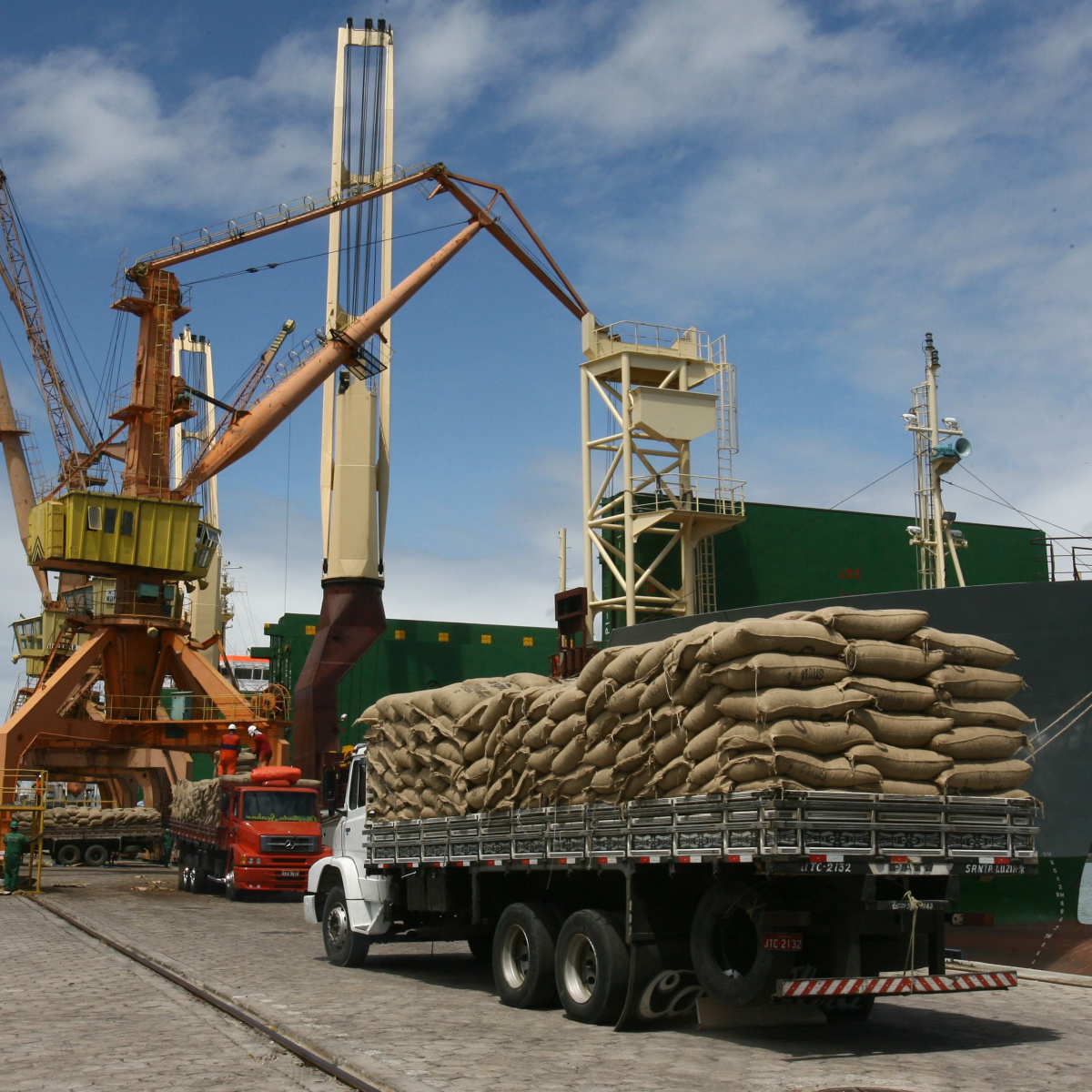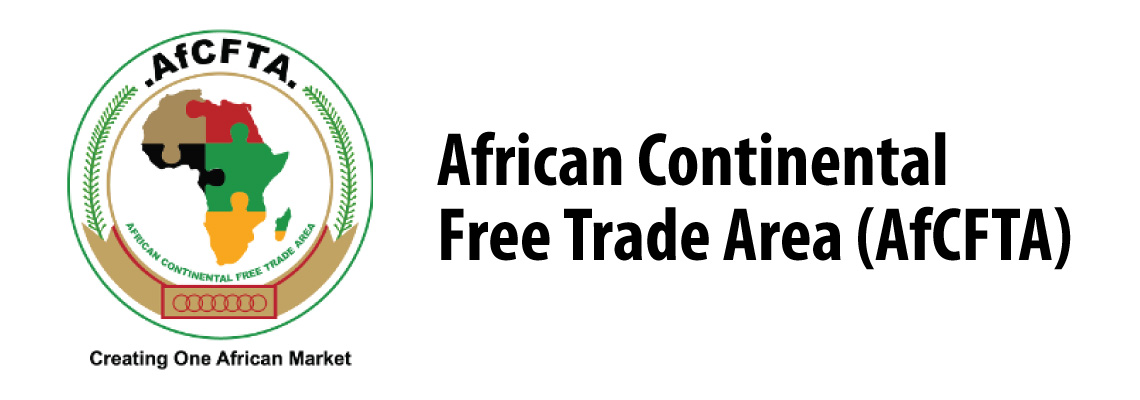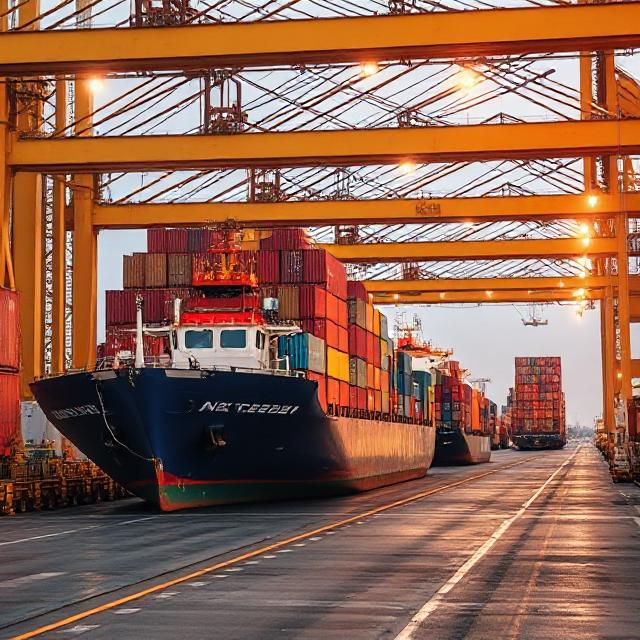ATEX Support
-
ATEX: Transforming Trade in Africa’s B2B and B2G Markets
Posted: April 02, 2025Comments: 0|Africa’s trade landscape is evolving rapidly, yet businesses and governments still face significant challenges when it comes to seamless transactions, trust, and accessibility. B2B trade in Africa has long struggled with inefficiencies, while government procurement processes remain complex and fragmented. To address these challenges, Atex is pioneering a new era of African digital commerce, connecting businesses and governments through a robust B2G marketplace and fostering trade across the continent and beyond.
The Challenges in B2B and B2G Trade in Africa
B2B trade in Africa has historically been hindered by several key issues. Businesses often struggle to find reliable partners, leading to difficulties in securing quality goods and services. Additionally, trust remains a major concern, as cross-border trade often involves payment uncertainties and verification challenges.
-
Ghana and Ivory Coast’s International Cocoa Agreement
Posted: November 14, 2022Comments: 0
Since 1973 the International Cocoa Organization (ICCO) has governed sustainable cocoa trade, but an international cocoa agreement, named the “Abidjan Declaration,” between Ghana and Ivory Coast (Cote D’Ivoire) presents dynamic changes in the fair trade cocoa industry by giving some control to top cocoa producers. Top cocoa-producing countries, Ghana and the Ivory Coast, are responsible for producing up to 60% of the world’s cocoa but receive less than 6% of the plant’s $100 billion (USD) global market share. The countries in the West African region ironed out a new international cocoa agreement focused on pricing, production, and marketing to take back control of fair trade cocoa.
What is the Abidjan Declaration? The “Abidjan Declaration” was signed on 26 March 2018 in Abidjan, Ivory Coast by the President of Cote d’Ivoire, Alassane Ouattara and the President of Ghana, Nana Akufo-Addo. The official statement was signed following a summit on the state of the cocoa industry in the -
Technology trends in supply chain freight forwarding.
Posted: October 26, 2022Comments: 0
Trade is a very competitive industry to operate in. Competition arises not between trade companies but instead between the supply chain management processes. The supply chain is a competitive advantage in each organization. In addition to finding a serious trade partner, challenges differ from packaging, customs, and logistics to finding adequate storing locals. Yet, in trade, a good supply chain management is a key factor either for success or failure. Consequently, supply chain visibility solutions are introduced in today’s world of business in order to make trading more efficient and provide businessmen with control over the course of trade.
The supply chain visibility is the practice of collecting, storing and analyzing the relevant data to track the flow of materials as they move through the supply chain from suppliers to producers to the end-consumers (ORTEC, 2018).
Overall, technologies keep developing to optimize risk management in the supply chain. A
-
How to Choose a Freight Forwarder
Posted: October 16, 2022Comments: 0
There aren’t many professions with fewer requirements than freight forwarders, with one shipping expert, Hariesh Manaadiar, saying, “Any Tom, Dick, or Harry can call themselves a Freight Forwarder.” Now that’s all good and well for those who make a living as freight forwarders, but it can make it difficult on those who depend on freight forwarders for their own businesses. Mostly those who depend on freight forwarders are smaller businesses which are not yet large enough to have a contract directly with international shippers such as a company like Wal-Mart would have. Some freight forwarders also have contracts with shipping companies that enable them to get the best prices because of the sheer volume of freight that they deal with; other freight forwarders are smaller and act as intermediaries between businesses and the larger freight forwarders who have the good deals. This second type of freight forwarder is typically the type that should be avoided, if at all possible, due to the
-
Africa Trade Exchange (ATEX) platform launched to facilitate trading under the AfCFTA
Posted: October 16, 2022Comments: 016 May, 2022The Africa Trade Exchange (ATEX), a business-to-business (B2B) e-commerce platform, was launched during the official opening of the 54th Conference of African Ministers of Finance, Planning, and Economic Development (CoM2022) on







